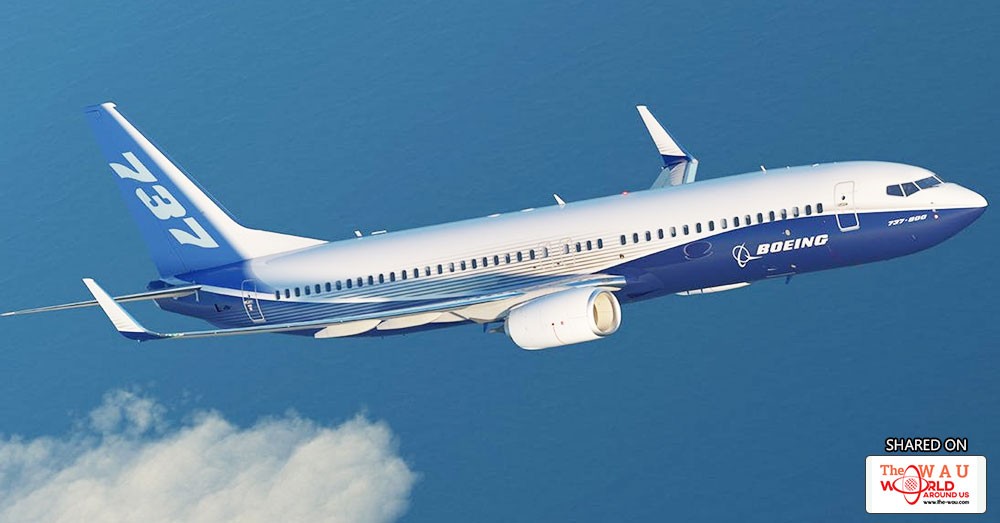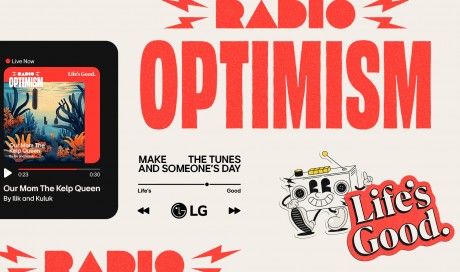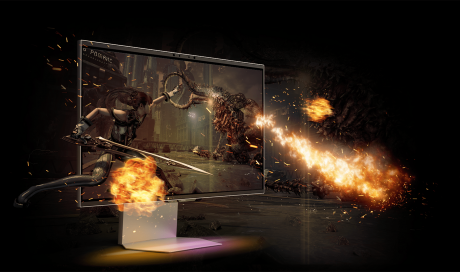Boeing plans to introduce pilotless planes in the very near future.
Imagine you’re flying to your favorite holiday destination with your family, and your child asks to see the pilot. Your flight attendant agrees, opens the door, and there before you is an empty seat.
Sounds terrifying, but that’s the future that Boeing envisions as it gears up to begin development of completely pilotless planes.
“The basic building blocks of the technology clearly are available,” said Mike Sinnett, Boeing’s vice president of product development in an announcement just weeks before the beginning of the International Paris Airshow.
And he’s right. Autopilots capable of takeoff, landing, and long-haul flight have been a standard technology on aircraft for decades now. Self-flying drones are a more recent invention, but can already be obtained cheaply, with prices less than $1000.
Boeing plans to test the technology in simulation next year, with real-world test flights happening shortly thereafter.

Although it may not seem like it, 2016 was the world’s safest year to travel by air according to the Aviation Safety Network. This is despite the fact the number of pilots per flight has dropped from 3 in the 1960s to only 2 today. In the very near future that number could fall to one human pilot and one digital one.
That’s not to say the road to pilotless planes will be an easy one. There are many hurdles standing between Boeing and a solely automated plane, not the least of which is the complete lack of regulations surrounding automated aircraft.
When asked by Reuters how he would convince regulators to certify a plane without a pilot, Sinnett responded, “I have no idea how we’re going to do that, but we’re studying it right now and we’re developing those algorithms.”
The demand for air travel is continuing to grow, with a projected requirement for 1.5 million new pilots in the next 20 years. As such, airline companies are enthusiastic about the prospects of a pilotless plane.
Boeing is also currently developing a new mid-sized, wide-bodied plane capable of servicing high volume but low distance routes. That aircraft is expected to be somewhere between the current generation of 737s and 787s in appearance, and to begin deliveries sometime in 2025.
Share This Post















